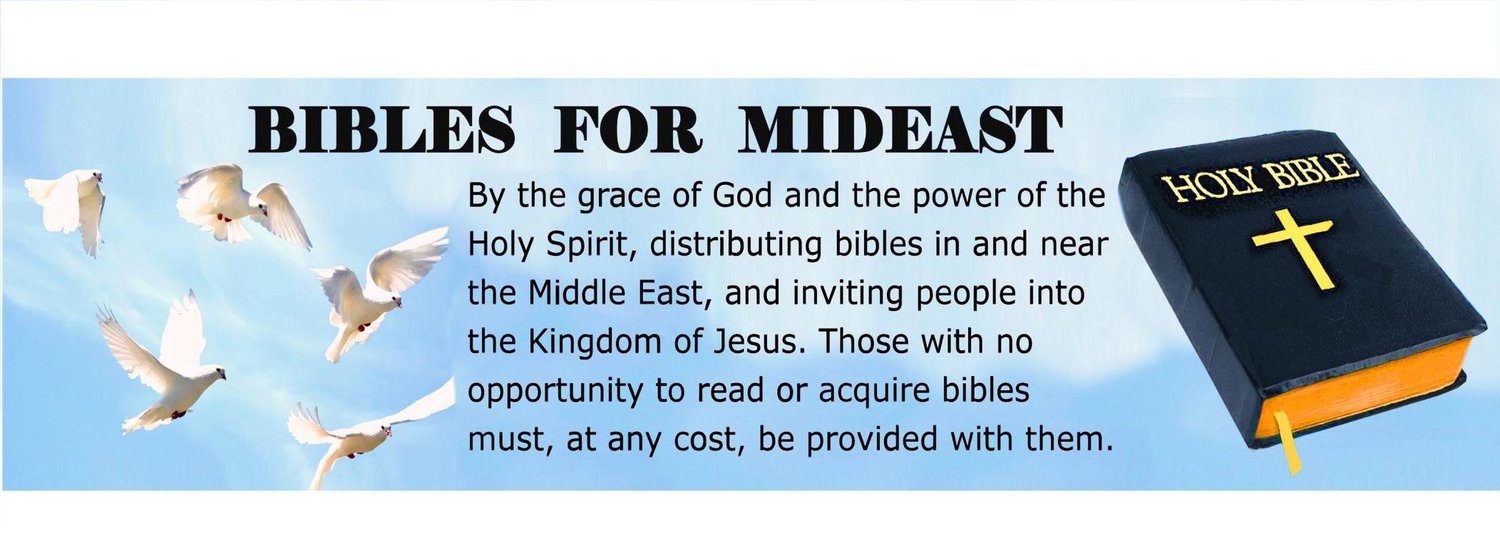Suffering + on + the + CROSS
/By Pastor Paul, Director, Bibles for Mideast
Many people don't really understand all the pain and suffering our Lord Jesus Christ went through for us. While we can never fully comprehend, here is what we do know. Because of its brutality, only the absolute worst offenders of the law received a sentence of crucifixion: thieves, murderers, and rapists would be the types of creeps who got crucified. Yet, in our biblical story, Jesus is crucified between two hardened criminals. WHAT did Jesus do? Did He murder anyone? Did He steal anything? The answer as we all know is NO! Jesus did absolutely nothing to deserve this type of death, yet he went willingly to his own death, between two thieves, so that we might be saved. So there, between the sinners, was our slain savior.
So we know it was brutally horrible, but how did it affect the person crucified? According to a medical practitioner, we can know the following.
Based on a drawing by Charlie Mackesey
The cross is first placed on the ground, and the exhausted man is quickly thrown backwards, his shoulders against the wood. A Roman soldier would feel for the depression at the front of the person’s wrist, then drive a heavy, square wrought-iron nail through the wrist and deep into the wood. He would quickly move to the other side and repeat the action, being careful not to pull the arms too tightly so as to allow some flex and movement. The cross is then lifted up into place. The left foot is pressed backwards against the right foot, and with both feet extended, toes down, a nail is driven through the arch of each, leaving the knees flexed. The victim is now crucified.
As he slowly sags down with more weight on the nails in the wrists, excruciating fiery pain shoots along the fingers and up the arms to explode in the brain: the nails in the wrists are putting pressure on the median nerves. As he pushes himself upward to avoid this stretching torment, he places the full weight of his body on the nail through his feet. Again he feels the searing agony of the nail tearing through the nerves between the bones of his feet. As his arms fatigue, cramps sweep through his muscles, knotting them with deep relentless, throbbing pain. With these cramps comes the inability to push himself upward to breathe. Air can be drawn into the lungs but not exhaled. He fights to raise himself in order to get even one small breath.
Finally, carbon dioxide builds up in the lungs and the blood stream, and the cramps partially subside. Spasmodically, he is able to push himself upward to exhale and bring in life-giving oxygen. Hours of limitless pain, cycles of twisting, joint-wrenching cramps, intermittent partial asphyxiation, searing pain follow, as tissue is torn from his lacerated back as he moves up and down against the rough timber.
Then yet another agony begins: a deep, crushing pain deep in the chest as the pericardium slowly fills with serum and begins to compress the heart. It is now almost over; the loss of tissue fluids has reached a critical level. The compressed heart is struggling to pump heavy, thick, sluggish blood into the tissues; the tortured lungs are frantically gulping in small breaths of air. He feels the chill of death creeping through his tissues and finally … he allows his body to die. Consider this: the Bible records the whole agonizing process with the simple words: "and they crucified Him" (Mark 15:24).
What a beyond-painful experience our Lord Jesus went through on the cross for our salvation! Marvelous all-encompassing LOVE it is!
SEVEN VERSES ON THE CROSS
1. “Then said Jesus, Father, forgive them; for they know not what they do” (Luke 23:34).
2. “Jesus answered him, ‘Truly I tell you, today you will be with me in paradise’ ” (Luke 23:43).
3. “When Jesus saw his mother there, and the disciple whom he loved standing nearby, he said to her, ‘Woman, here is your son,’ and to the disciple, ‘Here is your mother.’ From that time on, this disciple took her into his home. (John 19:26-27).
4. “And about the ninth hour Jesus cried with a loud voice, saying, ‘Eli, Eli, lama sabachthani?’ That is to say, ‘My God, my God, why have You forsaken me?’ ” (Matthew 27:46; Mark 15:34).
5. “Later, knowing that everything had now been finished, and so that Scripture would be fulfilled, Jesus said, ‘I am thirsty.’ ” (John 19:28)
6. “When he had received the vinegar, Jesus said, ‘It is finished.’ With that, he bowed his head and gave up his spirit” (John 19:30).
7. “Jesus called out with a loud voice, ‘Father, into your hands I commit my spirit.’ When he had said this, he breathed his last” (Luke 23:46).







